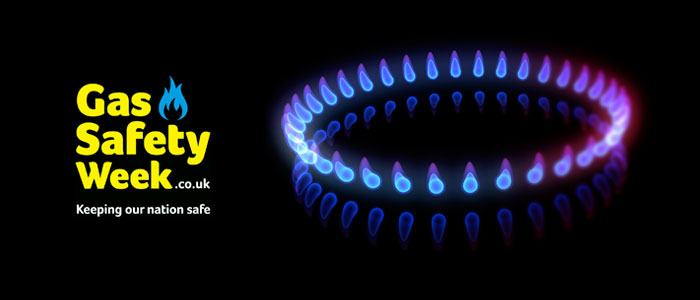
This week is Gas Safety Week (15th-21st September 2014), an annual event co-ordinated by Gas Safe Register in order to raise awareness of gas safety and the importance of regular servicing of gas appliances.
To celebrate Gas Safety Week, Test-Meter.co.uk are providing you with some tips to keep you safe at home.
Despite thousands of people being diagnosed with carbon monoxide poisoning across the UK each year, Gas Safety Week research shows that around 43% of people don’t get their gas appliances safety checked annually, whilst 10% have appliances that have never been checked.
With over twenty-three million houses in the UK, Isle of Man and Guernsey using gas for heating, hot water and cooking, this annual reminder of Gas Safety is vitally important; poorly fitted or badly serviced appliances risk gas leaks, fires, explosions as well as potentially fatal carbon monoxide poisoning.
Gas Safety Top Tips
-
Only use Gas Safe Registered Engineers to fit, fix & service gas appliances:
Gas Safe Register estimates that there are approximately 7,500 illegal gas fitters operating across the United Kingdom, with up to 250,000 jobs being carried out by them. Ensuring your engineer is registered is worthwhile; it’s the law for a reason and it’ll help keep you safe. Call 0800 408 5500 for assistance finding an engineer or to report someone working without registration.
-
Buy an audible carbon monoxide alarm:
Inexpensive and potentially life-saving, keep it nearby gas appliances (in accordance with the manufacturer’s guidance) for peace of mind.
-
Ensure all gas appliances, including boilers, fires and gas cookers, are safety checked every year:
Doing regular checks and maintenance means any issues are avoided or spotted early.
-
Check gas appliances for warning signs that they’re not working properly:
Signs include yellow or orange flames rather than blue (unless as standard), soot or yellow/brown staining on or around appliances, pilot lights that frequently blow out or increased condensation inside windows. If you notice any of these signs, make sure your appliance is serviced by a fully-qualified technician.
-
Be aware of the symptoms of carbon monoxide poisoning:
These include headaches, dizziness, nausea/vomiting, breathlessness, tiredness or confusion and loss of consciousness. Though similar to symptoms of food poisoning or flu, CO poisoning does not cause a high temperature, however symptoms will worsen as exposure to CO continues. If you suspect CO poisoning, visit your GP or A&E as soon as possible.
-
Make sure there is appropriate ventilation:
Ensure there is enough ventilation for gas appliances to burn correctly and that you aren’t blocking any air vents that provide an air supply to the appliance.
-
Only use gas appliances for their intended purpose:
It sounds obvious but it has been known. For example, avoid using a gas oven to heat a room or using a gas barbeque inside the house.
